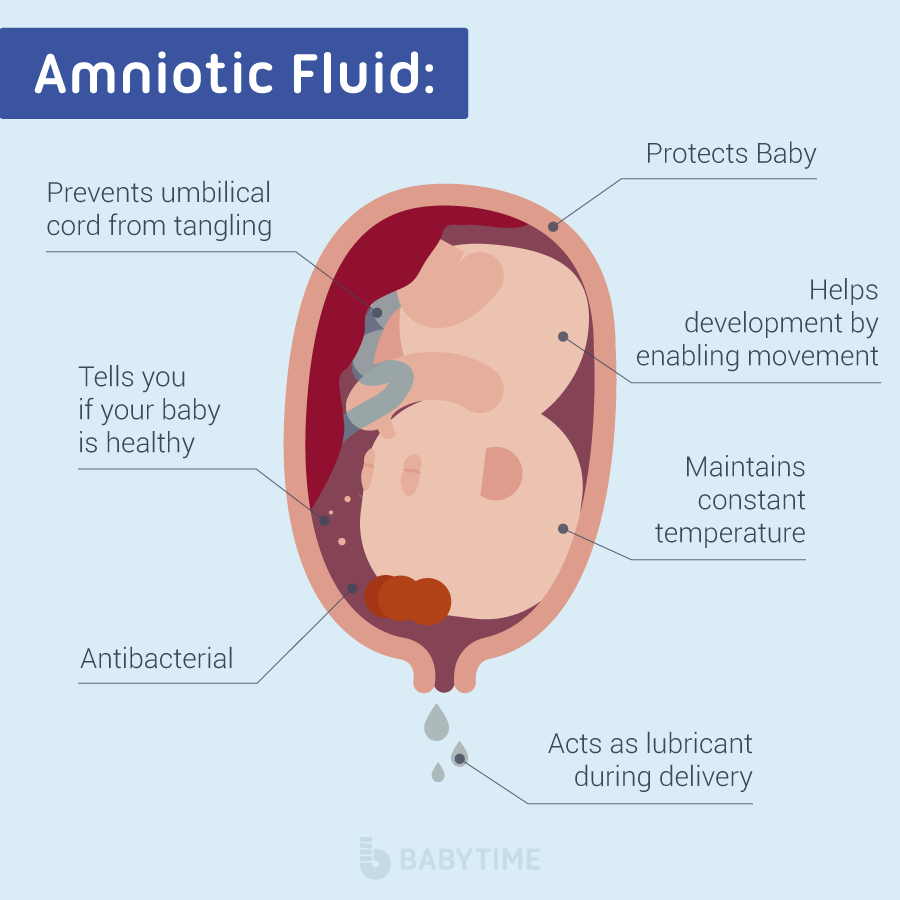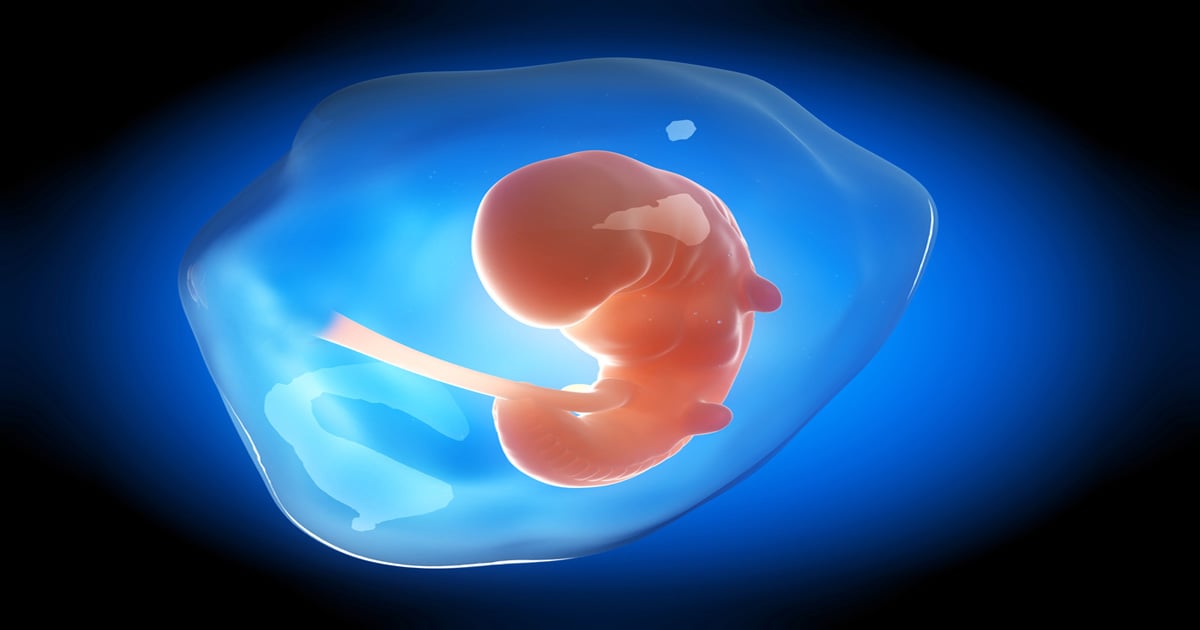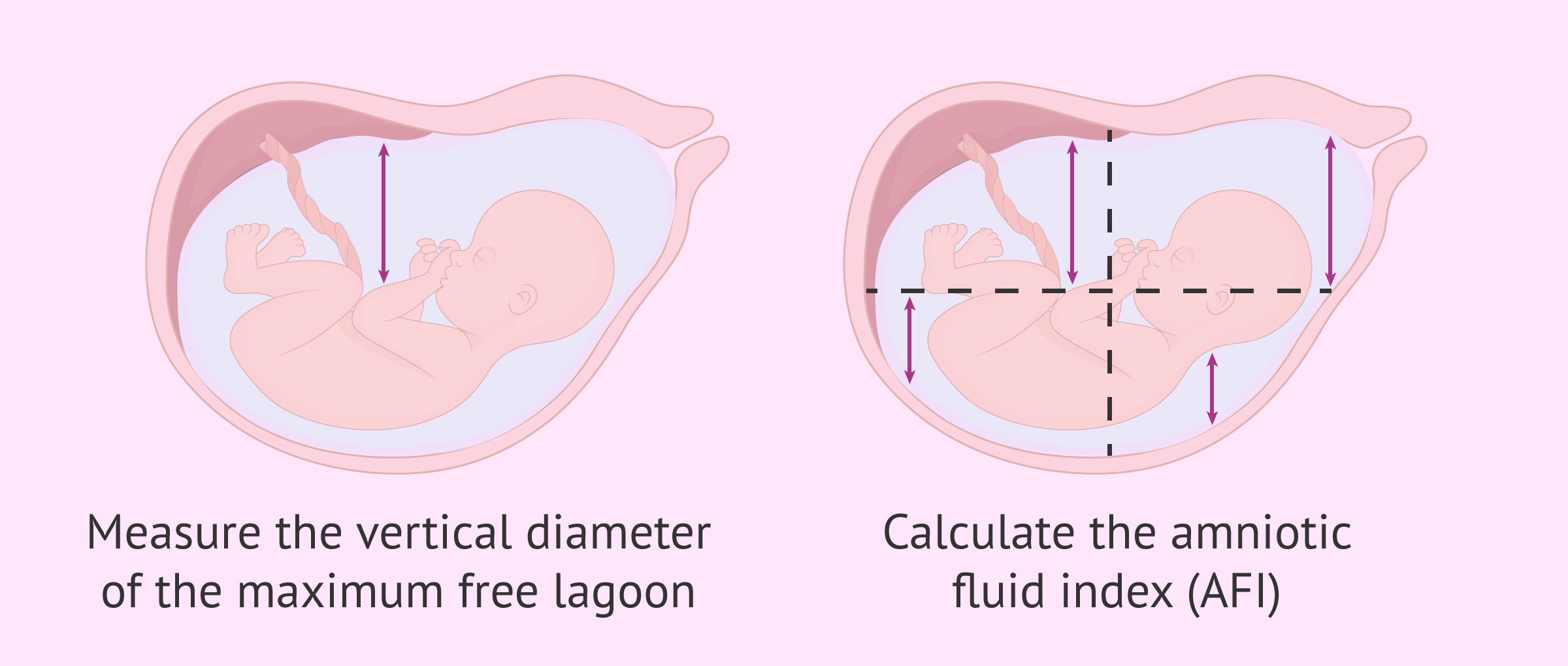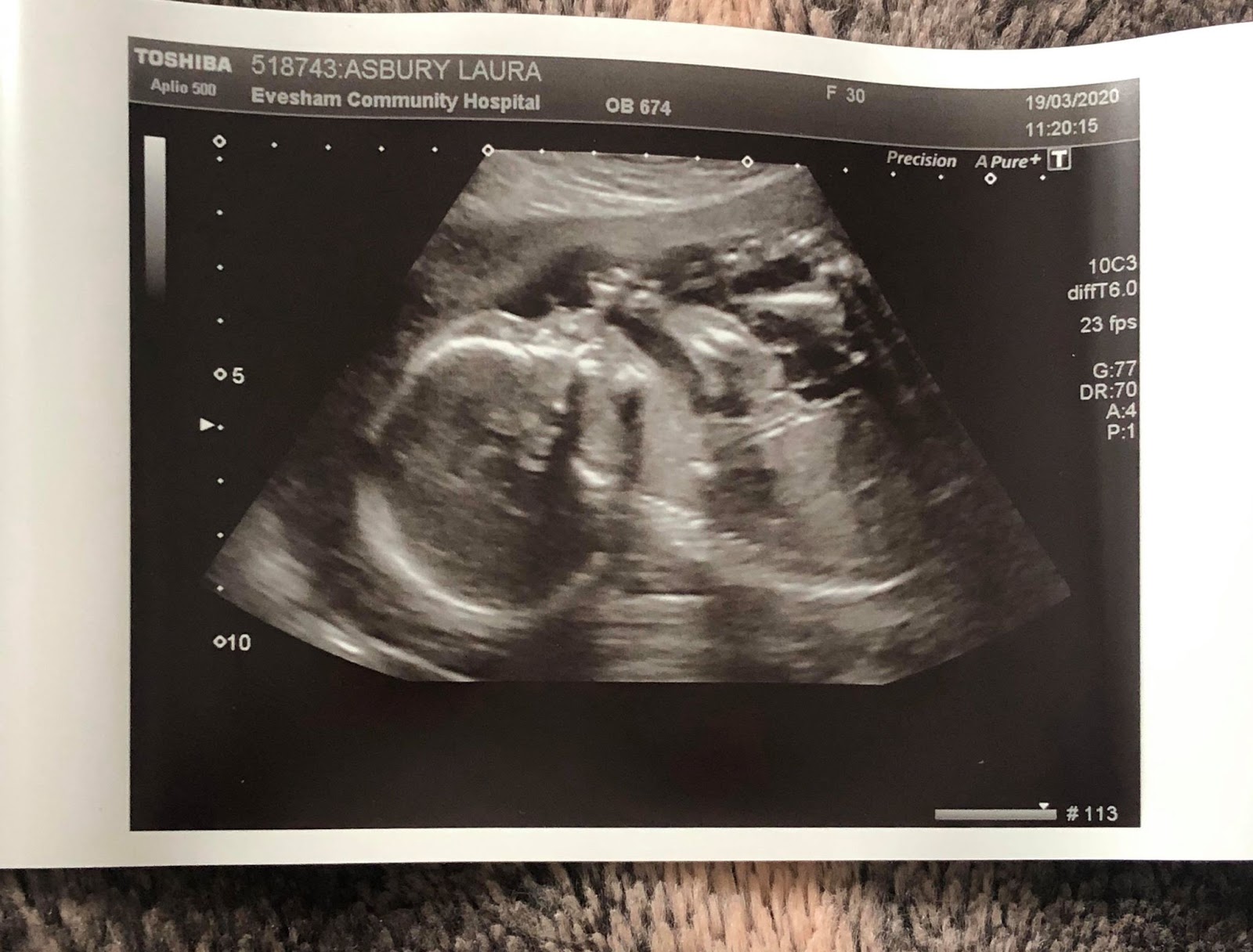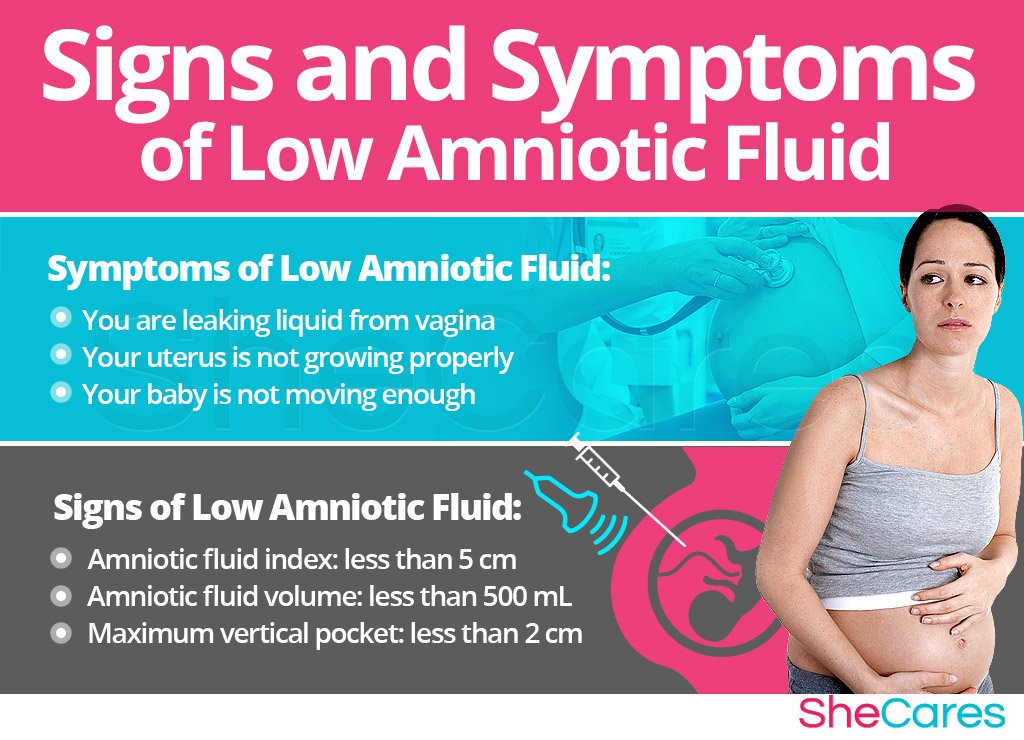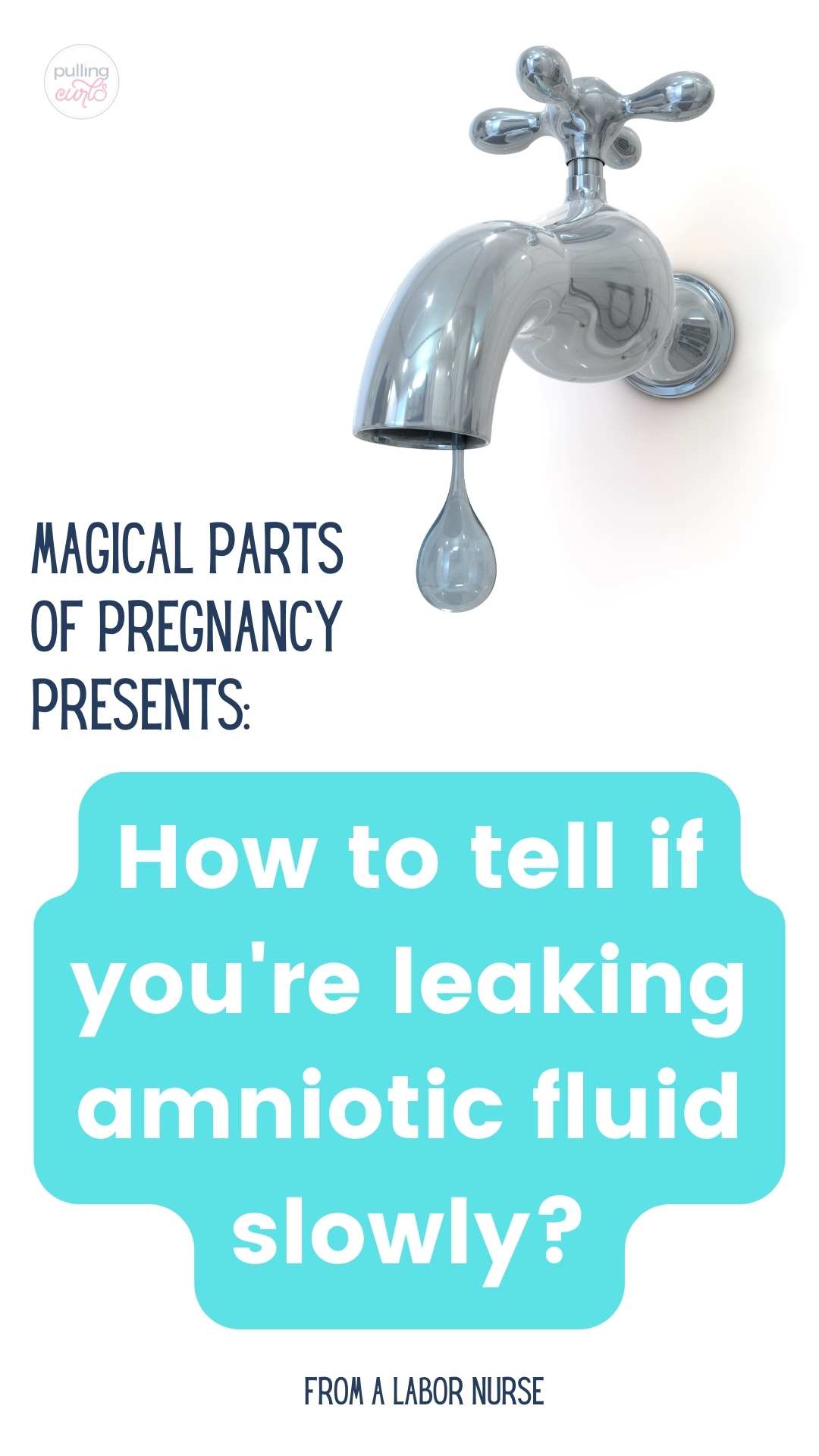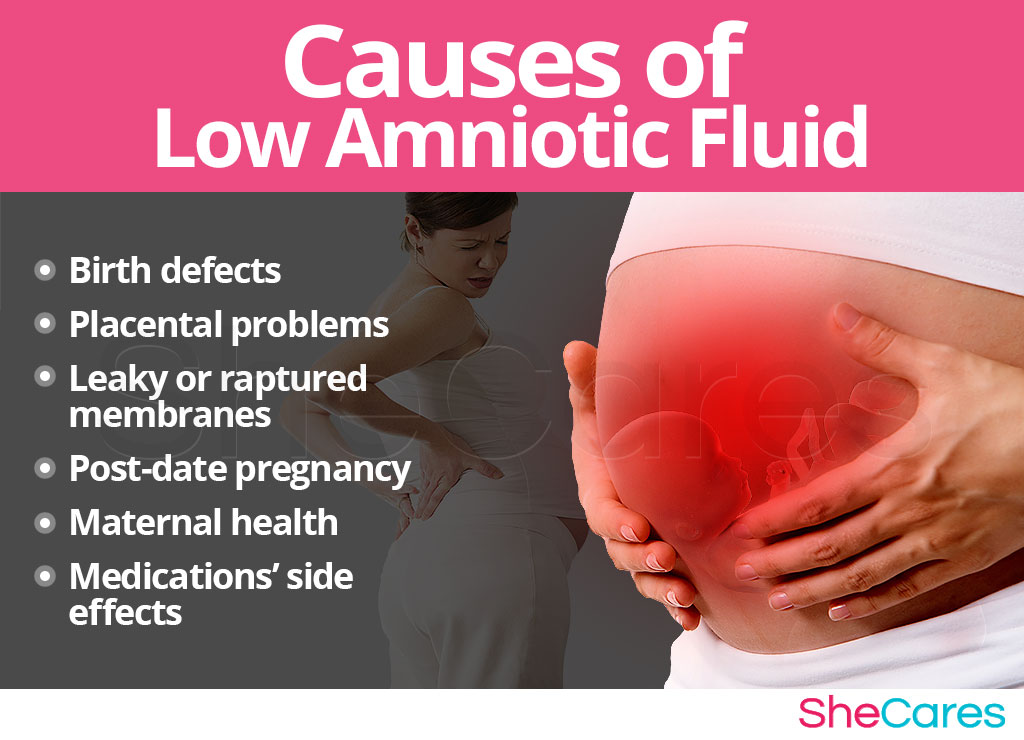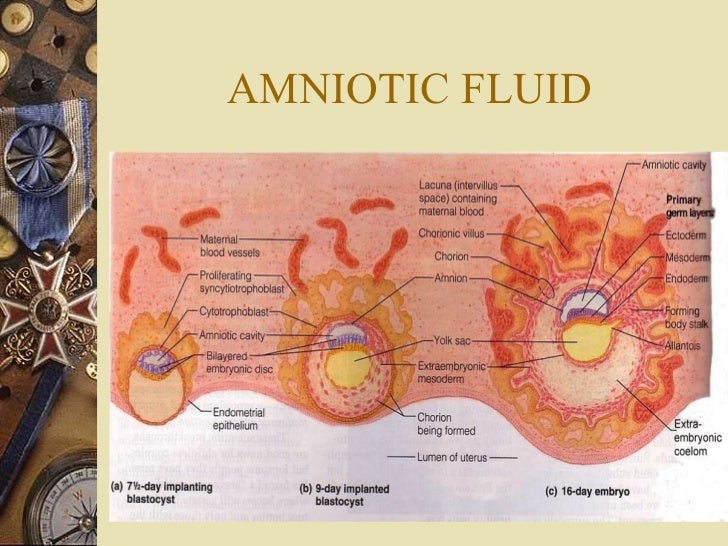Lessons I Learned From Tips About How To Tell If Your Amniotic Fluid Is Low

Put a pad on to catch the discharge.
How to tell if your amniotic fluid is low. Having a low amount of this fluid can affect how the baby grows. Too much or too little amniotic fluid may cause your healthcare. Your doctor or a lab technician will estimate your amniotic fluid volume by measuring fluid pockets during an ultrasound.
If you start leaking fluid, catch some with. To check it, doctors measure amniotic fluid levels around the baby. Doctors consider your fluid levels to be low if your afi is less than 5 centimeters (cm) or your mpv is less than 2 cm.
Several signs and symptoms may lead to suspicion of low levels of amniotic fluid. Then, they either add up estimates of four separate quadrants or they measure the “single. Your caregiver will pick this up when she checks the.
Having a low amount of. Your doctor or midwife may suspect that your amniotic fluid levels are low if your tummy or baby appears smaller than expected (small for dates). What is low amniotic fluid?
If you have low amniotic fluid and you're 36 to 37 weeks pregnant, the safest option might be delivering the baby. Low amniotic fluid means that there is too little fluid around your baby in the uterus during pregnancy. What’s thought of as a normal.
My baby was diagnosed with esophageal atresia 24 hours after giving birth to her. Oligohydramnios (low amniotic fluid levels) 2. Symptoms of amniotic fluid leakage.
Amniotic fluid is the watery substance that surrounds and protects your baby during development in the uterus. What is low amniotic fluid? Health library / diseases & conditions / oligohydramnios is when you have low amniotic fluid during pregnancy.
What could be causing a. Noticing the color, amount, & smell of discharge. When the amniotic sac breaks, known as the rupture of membranes (water breaking), you may feel a gush or trickle of warm liquid from the vagina.
Your doctor or midwife may suspect that your amniotic fluid levels are low if your bump appears smaller than expected. There's no risk to you or your baby. Your healthcare provider diagnoses low amniotic fluid using.
This condition is uncommon, affecting only about 4% of. Low amniotic fluid means that there is too little fluid around your baby in the uterus during pregnancy. Low amniotic fluid means that there is too little fluid around your baby in the uterus during pregnancy.




